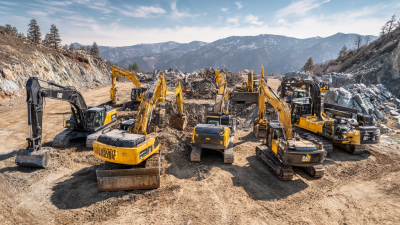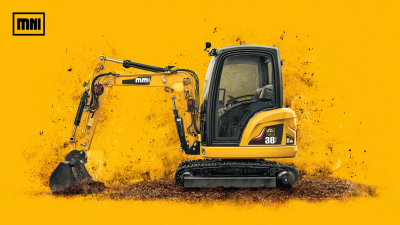Leave Your Message
- Phone
- E-mail
- Whatsapp
When it comes to maintaining and repairing heavy machinery, selecting the right excavator parts is crucial for optimizing performance and prolonging the equipment's lifespan. With a myriad of options available in the market, making an informed choice can often feel overwhelming. Whether you're a seasoned operator or a first-time buyer, understanding the key factors involved in selecting excavator parts can save you time and money while ensuring safety and efficiency on the job site.
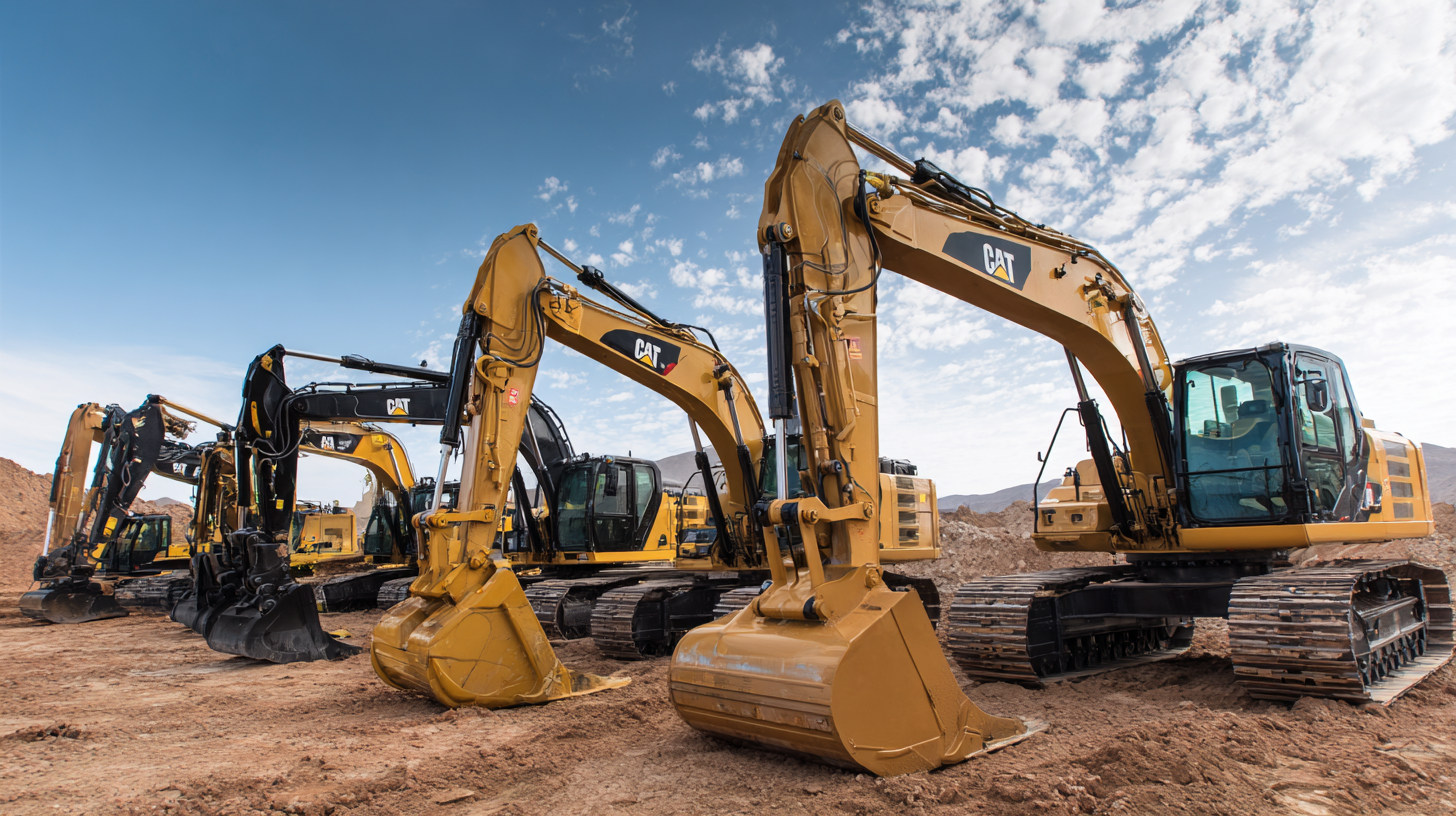
In this blog, we will explore the seven ultimate tips that can guide you through the process of choosing the best excavator parts. From evaluating quality and compatibility to considering vendor reputation and warranty options, these insights will empower you to make sound decisions that enhance your equipment's reliability and functionality.
When selecting excavator parts, understanding the different types available is essential for optimal performance and reliability. Excavators are complex machines that require a variety of components, from hydraulic systems to tracks and buckets. Each part must be compatible with the specific model and work seamlessly with other components to ensure efficient operation. Familiarizing yourself with the key types of excavator parts, such as hydraulic pumps, swing motors, and undercarriage components, will empower you to make informed decisions based on your machine’s specific needs.
In addition to the mechanical parts, it’s crucial to consider both OEM (Original Equipment Manufacturer) and aftermarket options during your selection process. OEM parts are designed to meet the exact specifications of the excavator, providing a guarantee of quality and compatibility. Conversely, aftermarket parts can offer cost-effective alternatives, but it’s vital to evaluate their reliability and performance. Ultimately, understanding the nuances of these different types of parts will help you choose the best options tailored to your excavator’s operational demands, enhancing both performance and longevity.
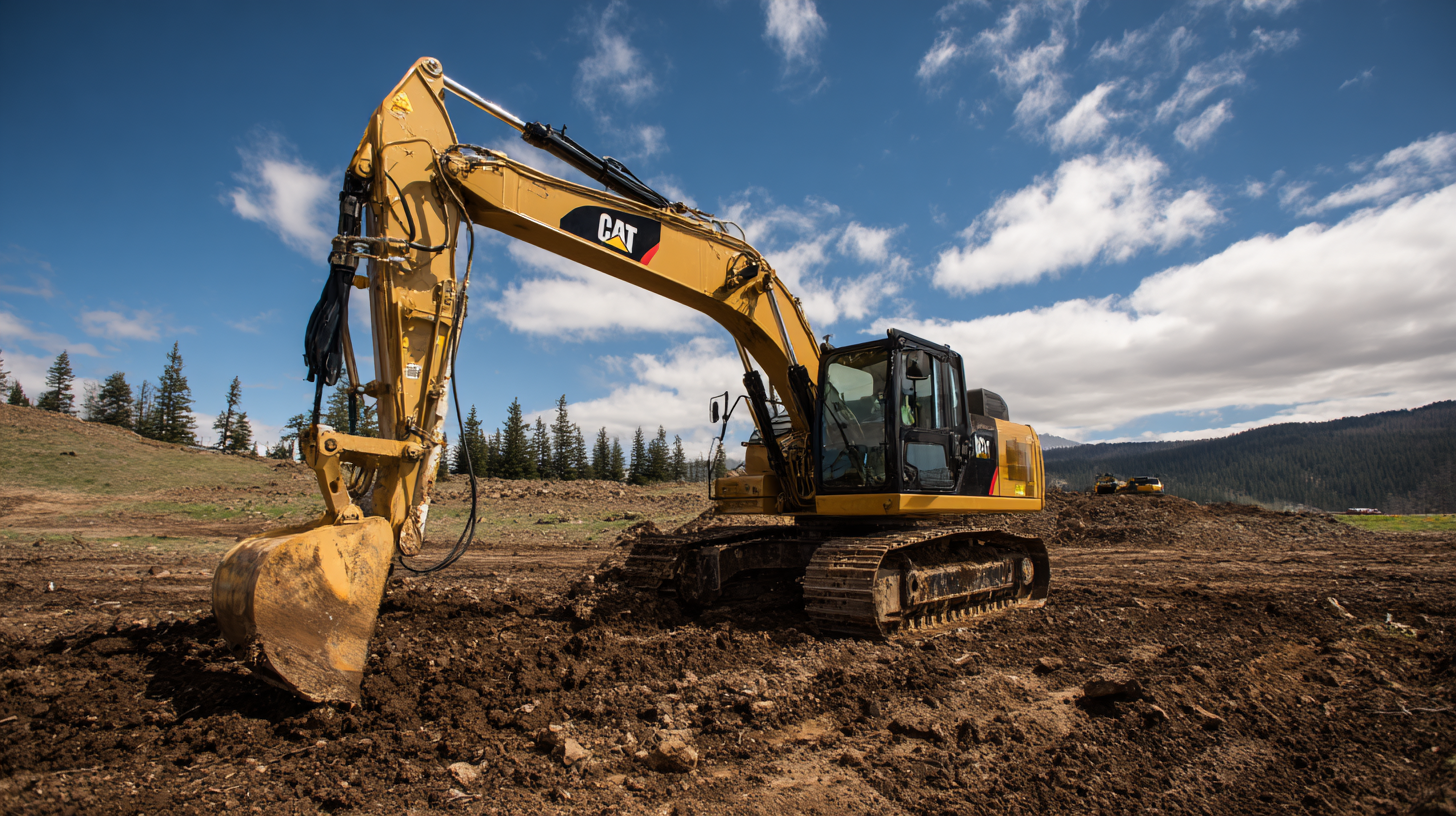
When selecting excavator parts, understanding the quality indicators is essential for ensuring optimal performance and longevity of your machine. One of the first things to look for is the material used in the parts. High-quality steel or durable alloys can significantly enhance the lifespan of components such as buckets and tracks. Always check for certifications and quality standards in the materials, as they are indicators of reliability.
Another critical aspect is the reputation of the manufacturer. Reputable brands often have stringent manufacturing processes, ensuring that their parts meet industry standards. Look for customer reviews and testimonials regarding the performance of the parts under various conditions. It's also wise to consider warranties and guarantees offered by manufacturers, as these can reflect their confidence in product quality and durability.
Lastly, compatibility is crucial. Ensuring that the parts fit your specific excavator model is non-negotiable for avoiding operational issues. Using OEM (Original Equipment Manufacturer) parts is usually a safer bet, as they are designed deliberately for your excavator. However, reputable aftermarket options can also provide quality components if they adhere to the same strict standards. Always cross-reference model numbers and specifications before making a purchase, as this small step can save you both time and money in the long run.
When it comes to evaluating compatibility in excavator parts, ensuring that components fit your specific excavator model is crucial for optimal performance and longevity. Just as in sustainable practices where the interdependencies between materials can influence outcomes, the same principle applies in the world of heavy machinery. Consider the specifications of your excavator and examine the parts' compatibility with its design and operating conditions. Factors such as size, weight, and function must align perfectly; otherwise, the equipment could experience unnecessary wear or failure.
Moreover, just as recent studies have assessed the physicochemical properties of different materials for their performance characteristics, excavator parts should be scrutinized for their quality and durability. Not all parts are created equal, and evaluating the source and specifications can help in identifying the best options. The technology used in manufacturing these parts—e.g., advanced materials that provide better stress resistance—mirrors the innovations seen in other fields, like 3D printing and sustainable design. This analytical approach ensures that your excavator operates efficiently and reduces the risk of costly downtimes caused by incompatible or inferior parts.
| Criterion | Considerations | Examples |
|---|---|---|
| Compatibility | Verify that the parts are designed for your specific excavator model. | Pins, filters, buckets |
| Quality | Choose parts made from high-quality materials to ensure durability. | Steel grade, wear-resistant coatings |
| Manufacturer Reputation | Research manufacturer reliability and warranties offered. | Customer reviews, warranty terms |
| Price | Compare prices but avoid the cheapest options if quality is compromised. | Cost analysis of original vs aftermarket parts |
| Availability | Check if parts are readily available for quick repairs. | Local suppliers vs online stores |
| Installation Ease | Consider how easy it is to install the parts yourself. | User-friendly designs, clear instructions |
| After-Sales Support | Look for suppliers that offer good after-sales support. | Technical support, part replacements |
When choosing excavator parts, one of the most critical considerations is the balance between cost and quality. As seen in industries like low-cost carriers and pet services, where budget-conscious consumers are increasingly seeking value without compromising on service quality, the heavy machinery sector is no different. According to industry forecasts, the low-cost market is projected to grow significantly, with the low-cost carrier market alone expected to reach $203.67 billion by 2030, reflecting a compound annual growth rate (CAGR) of 7.50%. This indicates a strong consumer trend towards affordability, which can inform how we approach purchasing excavator parts.
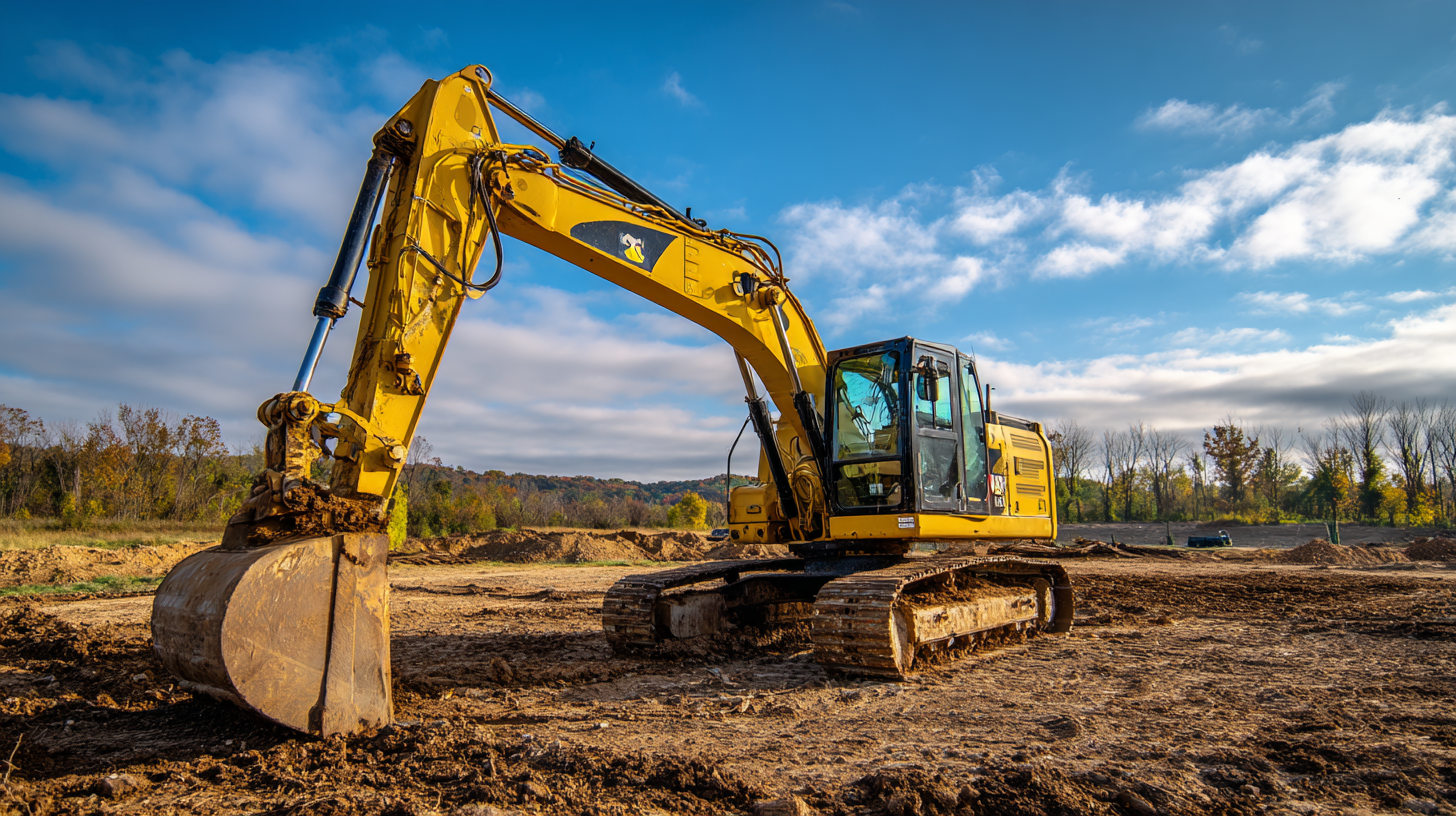
Research shows that many buyers are becoming more strategic in their spending habits, often opting for refurbished or used parts to maximize their budgets. The refurbished mobile phone market, for instance, is estimated to grow from $30.49 billion in 2025 to $53.45 billion by 2033, with a CAGR of 7.3%. This trend of seeking economically viable alternatives resonates within the construction equipment domain, where quality cannot be sacrificed. By leveraging such insights, excavator owners can navigate their purchasing decisions to find parts that fit both their financial constraints and operational needs, ensuring optimal performance and longevity for their machinery.
When it comes to selecting authentic excavator parts, researching reliable suppliers is paramount. According to a report by the Association of Equipment Manufacturers (AEM), nearly 70% of machinery breakdowns can be attributed to the use of counterfeit or substandard parts. This statistic underscores the importance of sourcing components from reputable providers who prioritize product authentication. By doing thorough research and seeking suppliers with a proven track record, you can significantly reduce the risk of equipment malfunctions that lead to costly downtime.
To ensure that you’re choosing the right suppliers, consider their industry certifications and customer reviews. A survey conducted by EquipmentWatch showed that 83% of construction companies prefer suppliers that are ISO-certified, as these certifications indicate adherence to quality management standards. Moreover, feedback from other contractors can provide valuable insights into a supplier’s reliability and service quality. Engaging with online forums and industry networks can also help you gather references and ratings, empowering you to make informed decisions about where to purchase your excavator parts.
